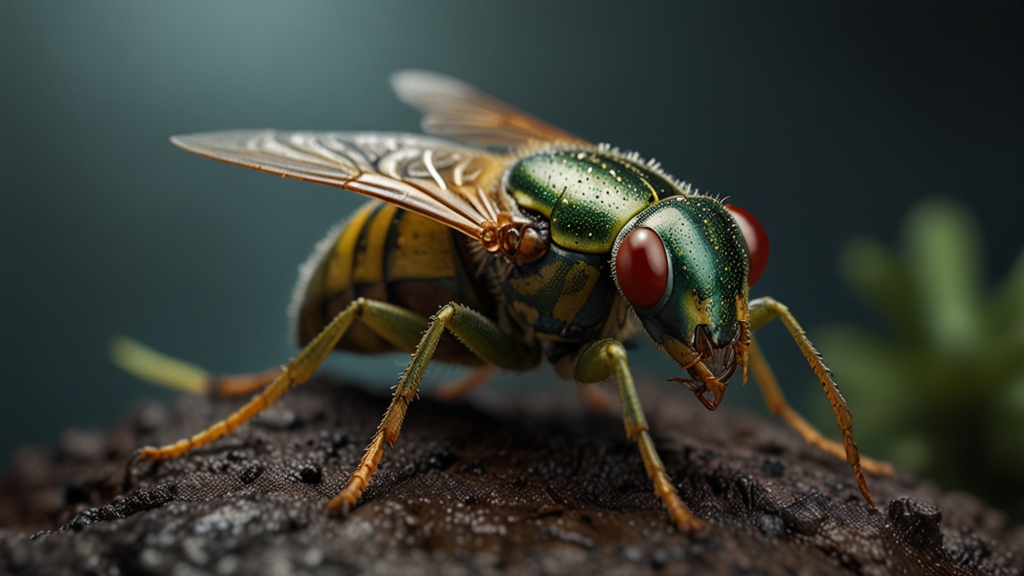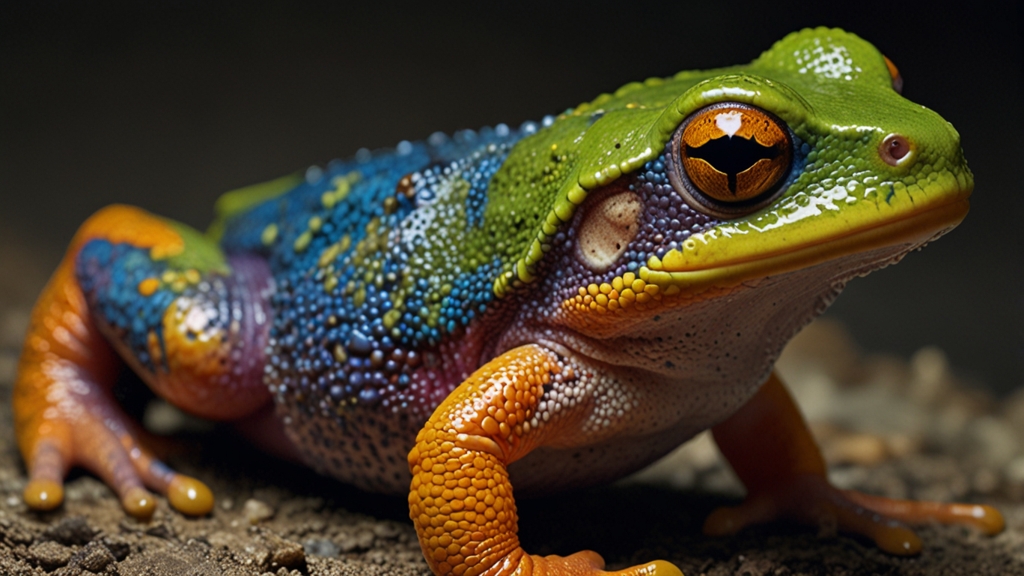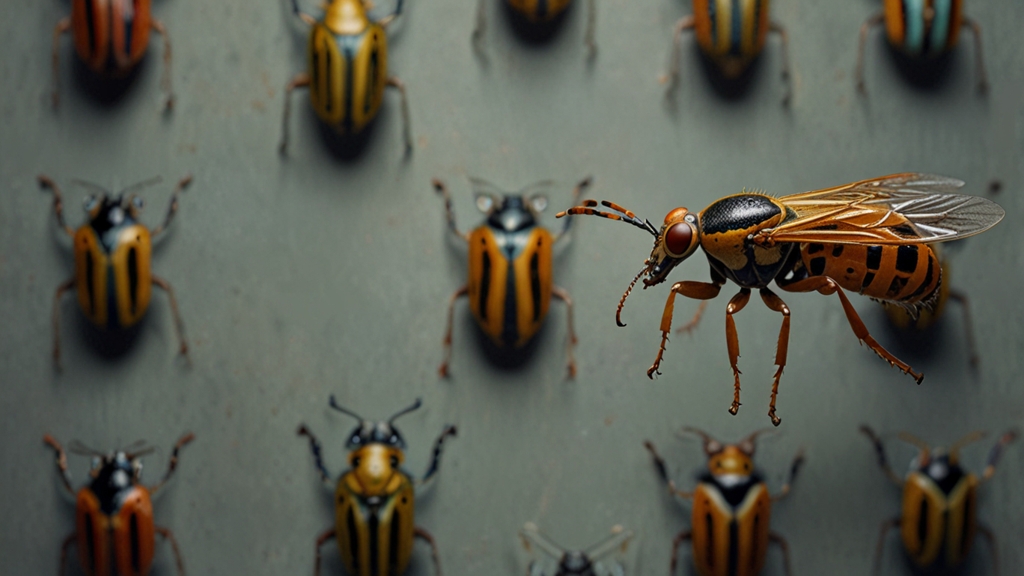Insects as Superheroes: How Nature's Tiny Creatures Save the Day
When we think of superheroes, we often imagine caped crusaders soaring through the sky or masked vigilantes swinging between skyscrapers. Yet, some of the most extraordinary heroes on our planet go almost unnoticed daily: insects. These tiny creatures play pivotal roles in our ecosystems, acting as nature's unsung heroes to maintain balance and support human life.
Pollination Powerhouses
One of the most crucial services insects provide is pollination. Bees, butterflies, moths, and even some beetles transfer pollen from one flower to another, fostering the reproduction of plants. This process is vital not just for the plants but for all life forms relying on them. Around 75% of the world's flowering plants and 35% of crops depend on animal pollinators. Without these diligent insects, our food supply would be in jeopardy.
"The work of a bee is not just a job; it's a profound duty that sustains life. Protecting these tiny workers is imperative for our survival." - Dr. Jane Goodall
Natural Pest Controllers
Insects such as ladybugs, spiders, and certain types of wasps naturally control pest populations. These insect superheroes prevent the overpopulation of harmful species that could devastate crops and other plants. For instance, ladybugs are voracious predators of aphids, small sap-sucking insects harmful to a wide range of plants. This natural form of pest control reduces the need for chemical pesticides, promoting a healthier environment.
Decomposers and Recyclers
Decomposition, the breakdown of dead organic matter, is another vital service provided by insects. Beetles, flies, and ants contribute significantly to this process, recycling nutrients back into the ecosystem. By breaking down dead plants and animals, these insects clean up waste and return essential nutrients to the soil, fostering new plant growth.
"Insects are nature's cleanup crew. Their role in decomposition makes life possible, enabling continuous nutrient cycling in our ecosystems." - National Geographic
Soil Engineers
The health of our soil heavily depends on the activities of insects. Earthworms and ants, for example, aerate the soil as they dig, allowing air and water to reach plant roots more easily. This process also enables the distribution of organic material throughout the soil, enhancing its fertility and structure. Healthy soil is the foundation of healthy plant life, which in turn supports the entire food chain.
Biomedical Marvels
Insects also play a role in biomedical research and healthcare. The venom of certain insects, like bees, offers potential in treating diseases and conditions such as arthritis and allergies. Maggot therapy, where sterilized fly larvae are used to clean out wounds, has proven effective in promoting healing and preventing infection. These surprising applications underscore the significance of insects in advancing human health.
Conclusion
The heroism of insects often goes unrecognized, yet their contributions are indispensable to our planet's well-being. From pollination to pest control, nutrient recycling to soil maintenance, and even in medical applications, these tiny creatures are indeed nature's superheroes. As we confront environmental challenges such as climate change and biodiversity loss, protecting and appreciating our insect allies becomes ever more crucial.
So, next time you see a bee buzzing around or a beetle scuttling across the ground, remember: these small creatures are performing mighty tasks that help sustain life as we know it. In the grand story of Earth, insects aren’t just characters—they’re saviors ensuring the narrative continues.








